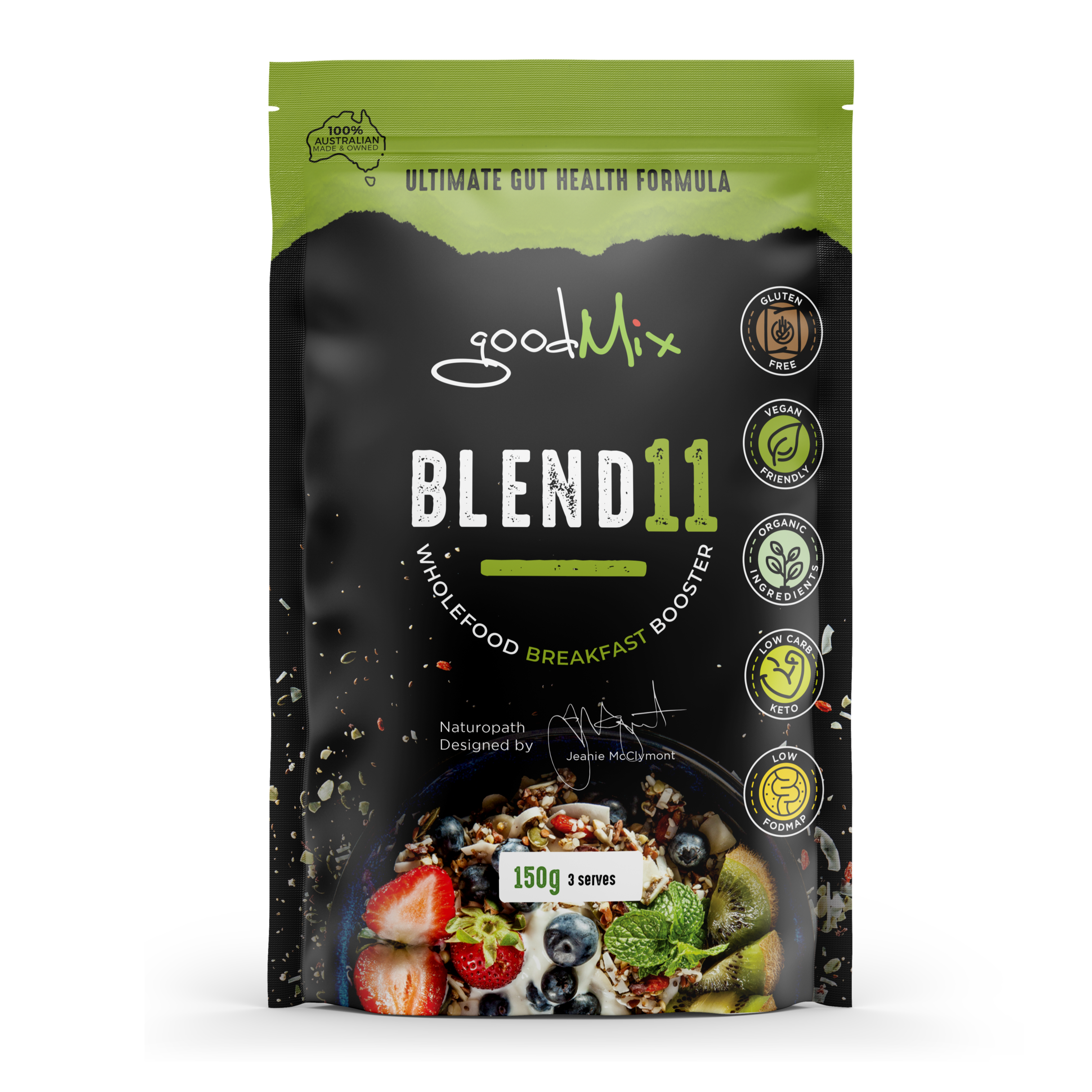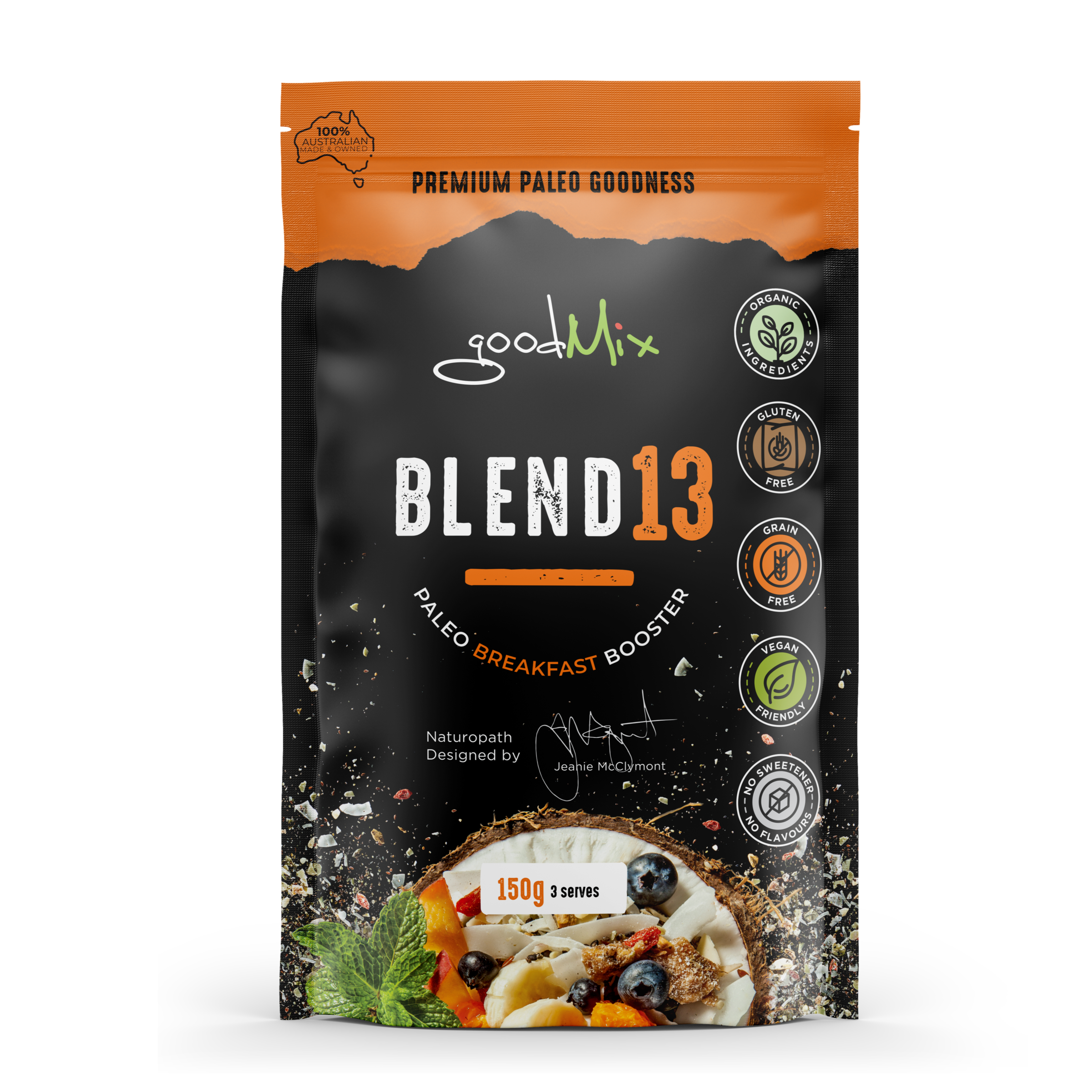
The Link Between IBS and Stress Explained
If you have Irritable Bowel Syndrome (IBS), you've likely noticed that stress makes your symptoms worse. But how exactly does stress affect your gut so profoundly? Understanding the connection between IBS and stress will help demystify your IBS, and make it somewhat easier to manage.
How Stress Affects Your Gut
When you're stressed, your body activates the "fight or flight" response (controlled by the sympathetic nervous system). This response is essential for survival in dangerous situations but not ideal for digestion. It slows down or even stops your digestive processes, leading to symptoms like stomach cramps, indigestion, and changes in bowel habits, such as constipation or diarrhea (which in turn can lead to increased toxin load on the liver or decreased absorption of nutrients, etc etc).
Chronic Stress and Its Impact on Your Gut
Chronic stress can weaken the lining of your gut, making it more "leaky." This then means that harmful substances can pass through into your blood stream more easily, causing inflammation, food reactivity, immune dysfunction and worsening IBS symptoms. Stress can also make your gut more sensitive to normal digestion processes, leading to heightened perception of pain and bloating.
Vagus Nerve
This nerve is crucial in the proper activation of the parasympathetic nervous system (‘rest and digest’ mode), aiding in digestion and gut-brain communication. Stress can impair vagal function, impacting digestion and gut health. Most modern humans are living life in a chronically stressed state, meaning we get inadequate ‘rest and digest’ time for optimal digestive health.
Impact of Stress on Blood Chemistry and Hormones
Acute stress raises cortisol and adrenaline levels, increasing blood sugar and altering gut motility. This can lead to symptoms like stomach cramps and altered bowel movements.
Chronic Stress causes prolonged high cortisol levels, and can weaken the gut lining, disrupt the microbiome, and promote systemic inflammation. This creates a cycle of ongoing gut issues and inflammation.
Neurotransmitters and Gut Function
Serotonin is mostly produced in the gut, and it helps regulate both mood and digestion. Stress can reduce serotonin levels, exacerbating IBS symptoms (and mood disorders).
Dopamine influences both motivation and gut motility. Stress affects dopamine production, which can impact digestion and gut health (and also lifestyle factors like food choice, willingness to exercise and engage in self care practices etc).
The Microbiome and Digestion
Stress alters the balance of gut bacteria, reducing diversity and promoting dysbiosis. This imbalance can lead to digestive issues and worsen IBS symptoms.Consuming a diverse range of fibre-rich foods helps support beneficial bacteria and restore gut microbial balance (which then helps restore blood chemistry, positively impacting your stress hormone levels, nervous system function, inflammation, immunity and brain chemistry).
Gut Lining and Immune Axis
Chronic stress can damage the gut lining, increasing permeability ("leaky gut"). This allows toxins to enter the bloodstream, causing inflammation and aggravating IBS.
- **Gut Immune Axis**: Stress can dysregulate the immune response in the gut, leading to inflammation and worsening IBS symptoms.
Dietary Patterns and Bowel Movements
Stress often leads to poor eating habits, such as increased consumption of high-sugar and high-fat foods, which can mess up the microbiome and exacerbate IBS symptoms. A diet rich in fibre and anti-inflammatory foods is more beneficial. Stress also impacts gut motility, leading to irregular bowel movements—constipation for some and diarrhea for others. Or if you’re exceptionally lucky, an alternating unpredictable combo of the two!
Sleep, Breathing, and Posture**
Poor sleep quality can elevate cortisol levels and worsen IBS symptoms. Aim for 7-9 hours of quality sleep each night. Stress also leads to shallower breathing, which can affect both the vagus nerve and gut function. Deep, slow, diaphragmatic breathing can help regulate the ANS and support digestion. Chronic stress alters our posture which can impact the fascial / connective tissue supporting our digestive organs and our gut motility. Maintaining good posture throughout the day helps optimise digestion and reduces pain, discomfort and bloating.
Blood Sugar
Stress causes fluctuations in blood sugar, which can contribute to feelings of anxiety and irritability, exacerbating IBS symptoms. Balanced meals with a focus on protein, healthy fats, and fibre can help stabilize blood sugar levels (and mood)!
Chronic Inflammation and Visceral Hypersensitivity
Chronic stress promotes both gut and systemic inflammation, which drives IBS symptoms and contributes to gut discomfort. Stress also alters pain perception, and gut-brain communication, making the gut more sensitive to normal stimuli—a common issue in IBS known as ‘visceral hypersensitivity’, where normal gut movements can register in the brain and be experienced as painful.
The Fascial System
The fascial system (our connective tissue net), which encases muscles and organs, can become tense or stiff under stress. This tension impacts peristalsis (gut movement), contributing to bloating and visceral hypersensitivity / increased pain perception.
Naturopathic Diet and Lifestyle Tips for Managing Stress and IBS:
1. Diet: Support your microbiome and gut lining, keep stable blood sugar.
- Eat a variety of fibre-rich foods to support gut health and microbiome diversity and balance. Be aware of FODMAP’s (these are often found packaged with fibre, in healthy natural foods, and can be highly aggravating to IBS).
- Include anti-inflammatory and gut healing foods like turmeric, ginger, and omega-3-rich foods, bone broth, collagen etc. Try going gluten free, dairy free and refined sugar free.
- Avoid processed foods, caffeine, and alcohol, which can worsen IBS symptoms. Focus instead on high good fat, protein, fibre and antioxidants.
2. Lifestyle: Spend more time in ‘rest and digest’ mode.
- Mindfulness and Meditation: Practice mindfulness or meditation to lower cortisol levels and improve gut function.
- Physical Activity: Engage in moderate exercise to regulate stress hormones and support digestion. Walking in nature is ideal, barefoot for extra points when it’s safe / warm enough!
- Sleep: Prioritise quality sleep to help regulate cortisol and improve overall well-being.
- Breathing Exercises: Practice deep, diaphragmatic breathing to support vagal function and reduce stress, thus enhancing digestion.
How do goodMix products fit in here?
- Blend11 = low FODMAP, GF gut microbiome support (in a filling, nourishing, low carb, high protein, high omega and antioxidant blend)!
- Greens + Aloe = support for the gut lining, easy to digest macro and micronutrients, extra antioxidants, great for blood sugar and liver suport.
- Burger Mix & Bliss Ball Mix = make it super easy for people to add more diverse fibre in to support the microbiome and gut lining (replace the not-so-healthy treats and burgers!)
- Blend13 offers a completely grain free alternative for those who are super reactive or who are following a grain free eating protocol.




